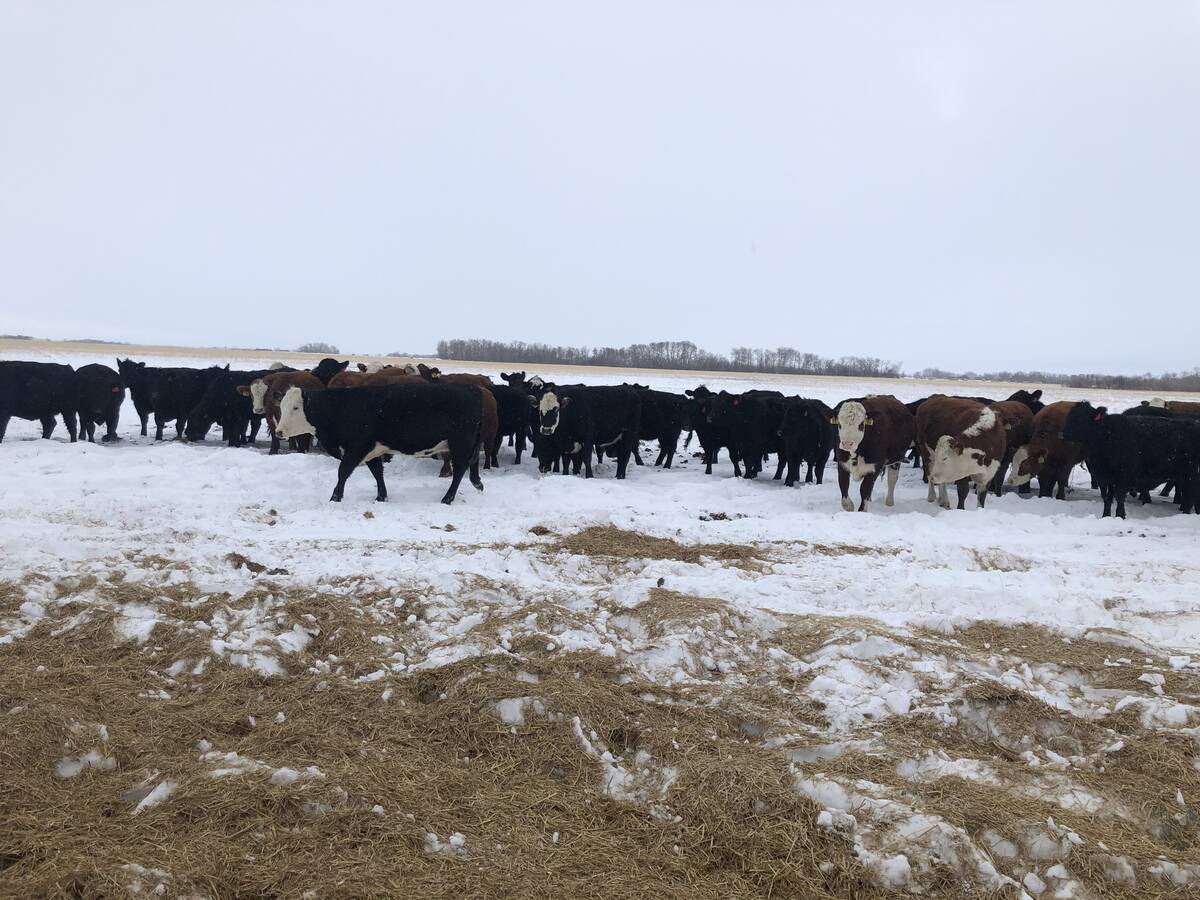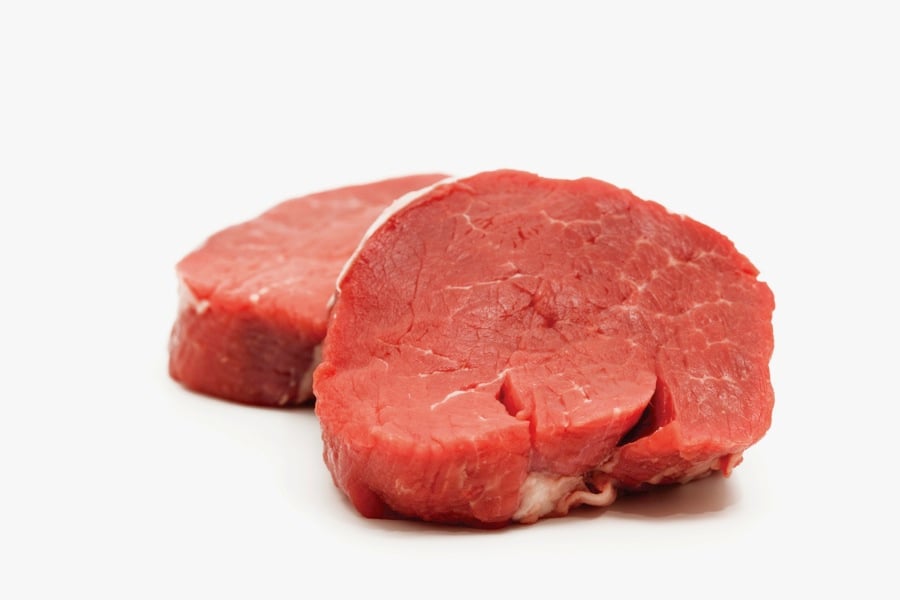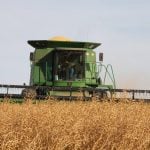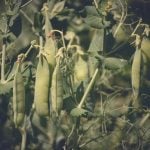As a graduate student in global leadership, one thing is clear: all of humanity and all the actions of humanity centre around food. We cannot have peace without food. Nor can we progress, transfer knowledge, create communities or nurture growth. Economies fail and crisis prevails when food is uncertain or unattainable, governed or expensive, lacking in nutrients or spoiled.
In my studies of human security and peacekeeping, food was central to peace and to community safety. In my studies of conflict, food was central to the escalation or de-escalation of conflict and to progress. In my studies of systems, food was central to the ecosystem of survival and the regeneration of civilizations. Geopolitically — food is central to power and control and equally so to liberty and freedom.
Read Also

Picking the most efficient cows to rebuild your cow herd
A new cow ranking system to help beef farmers and ranchers pick the most efficient cows as they rebuild their herds.
It is a complex global challenge to approach the accessibility and affordability of food for all people, in all places, at all times. What steps can be taken to fully appreciate this complexity and to understand the role of the beef industry within the global food system?
- More ‘Straight from the hip’ with Brenda Schoepp: Beef economy 4.0
Taking the patriarchal approach as “help” in what we define as someone else’s crisis, has often deepened it by failing to ask critical questions. What is it that you need? What works here? We may have created unintended consequences such as dependency development or environmental erosion if we don’t evaluate the needs of those we are trying to help by listening to their story. And, in all cases we tend to not address the overarching functionality of systems that are outdated.
At the heart of the matter is not the production of food but the distribution of it. At the seat of the crisis is not just poverty but perception.
Bringing about transformational change begins at home. I maintain that global leadership is one act of kindness at a time and we start with our families and communities. Global agility is appreciating the views of others without judgement and global knowledge is the ability to appreciate the players and the intersections and linkages in complex situations. It is asking questions that lead to uncomfortable answers. Instead of saying: “you should buy this it is good for you” I often ask “how do you feel about food and farming?”
It is an interesting exercise because food is a deeply emotional subject; and I am surprised at how many Canadians have been short on food or without food at some point in their lives. This shifts the dialogue to the appreciation of food and food choices. Many times, I am asked: “can you show me how to cook?” because these persons want a deeper relationship with food but do not have a roadmap to get there. Other comments are about the “feelings of animals” with the conversation focusing on the emotional process of death rather than the lives of the animal or the value of the end product.
On one global jaunt I had on my iPad a photo of barrels of apples from a farm stand. So often I would hear “oh… look at all that food” from those in poorer regions of the world. Access to food for them was paramount because choice and volume were a distant dream and affordability was not possible. In the Andes the thin cow lip soup shouted of broken economies, broken systems and a lack of appreciation for the healing, innovation, creativity, and ultimately, the prosperity of people when they were fed.
Knowing about these regional and cultural differences and asking people how they feel about food is valuable information for the industry as critical stakeholders in food production. Data like this should populate algorithms developed by the beef industry to fully understand our future clients, be that by culture, region or country. With artificial intelligence, brand loyalty in the first world may be a thing of the past as our future client may very well choose products on their own ethical establishment of value. Or, the protein will be chosen for them based on the data-based algorithm gathered from their phone and then delivered to the door — without the order actually being placed.
In the developing world we need to ask ourselves if we understand the needs, wants, desires and limitations, be they political, cultural, structural or financial, of the demographic we serve. As an industry, it’s a prime time to shift the dialogue and determine what questions are not being asked — and should be. That information carefully evaluated may take our advocating producers in another direction.
Why? Because for the agricultural industry, advocacy is not enough. It fills our spirit and is a “right at you” response that is certainly creative, informative and can be participatory. It is greatly appreciated by those that do not know about food production but may not change buying habits. In fact, just as there is scant evidence that globalization has directly benefited Canadian producers, there is no evidence that advocacy results in values alignment outside of the industry and its direct partners.
It is our conversation today that shapes our tomorrow. Developing strong linkages at all levels — even with those outside of our peripheral vision — is beneficial from both a data and relationship perspective. Appreciating that the more we know, the more we can be part of the solutions to poverty and perception and journey toward a shift in dialogue.
As farmers, ranchers, gardeners and food growers of all types, we are the history makers of this day and the foundation to future global prosperity. This high calling does not, however, void us of the responsibility of asking those we feed what they need.
















